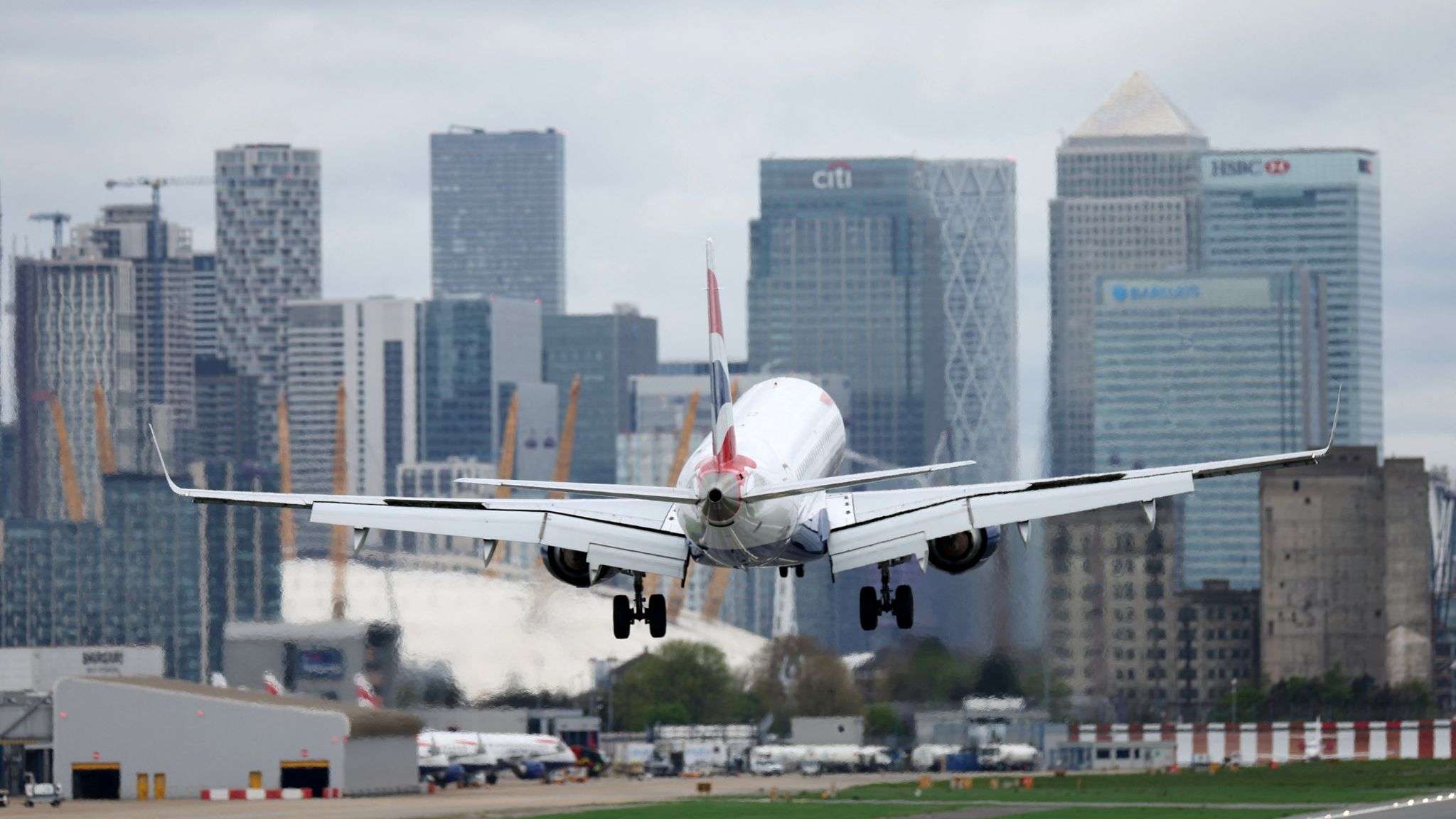London City Airport’s recent attempt to overturn a restriction on Saturday flights has been rejected, while a separate decision to raise the passenger cap has sparked both disappointment and celebration among different stakeholders. The airport had sought to relax the existing ban on flights between 12:30 pm and 6:30 am on Saturdays, arguing that such a move would enhance its operational flexibility and service to passengers. However, this request was denied by local authorities, a ruling that has been met with mixed reactions.
The airport’s chief executive expressed disappointment over the decision, stating that the refusal to ease the Saturday restrictions would limit the airport’s ability to meet growing demand and adapt to changing travel patterns. The airport, which primarily serves business travelers, has long argued that relaxing these restrictions could improve its service offerings and better align with passenger needs.
On the other side of the debate, local campaign groups have hailed the decision as a significant victory for the community. Residents living near the airport have long complained about noise pollution and the disruption caused by flight operations, particularly on weekends. The preservation of the Saturday flight restrictions is seen as a crucial measure in protecting the quality of life for those living in close proximity to the airport. The local campaign group, which had vigorously opposed the airport’s bid, celebrated the ruling, calling it a “big win for residents.”
In contrast to the refusal to lift Saturday restrictions, the authorities did approve an increase in the airport’s passenger cap. This decision will allow London City Airport to accommodate more travelers, even though the maximum number of flights permitted will remain unchanged. The move to raise the passenger cap has been met with criticism from environmental groups, who argue that increasing the number of passengers will exacerbate environmental impacts, including higher carbon emissions and greater pressure on local infrastructure. These groups contend that any expansion of airport capacity is at odds with efforts to address the climate crisis and reduce the aviation industry’s carbon footprint.
Despite the concerns raised by environmentalists, the airport has emphasized that the increase in passenger numbers can be managed within the existing framework of flights, suggesting that the operational impact on the local area would be minimal. The airport also highlighted its commitment to sustainability, pointing to ongoing initiatives aimed at reducing its environmental impact.
The outcome of the decision represents a delicate balance between the competing interests of the airport, local residents, and environmental advocates. While the airport has been granted some leeway to accommodate more passengers, its ability to expand flight operations on Saturdays remains curtailed. This decision underscores the complexities of managing urban airports in densely populated areas, where the needs of the aviation industry must be weighed against the rights and concerns of local communities and the imperative to address environmental challenges.
As London City Airport moves forward, the interplay between operational growth and community impact will likely remain a contentious issue. The airport’s management will need to navigate these challenges carefully, balancing the demands for increased capacity with the ongoing need to mitigate noise and environmental concerns. Meanwhile, local residents and environmental groups are likely to continue their vigilance, ensuring that the airport’s operations do not come at the expense of the surrounding community’s well-being or the broader goal of environmental sustainability.

















































